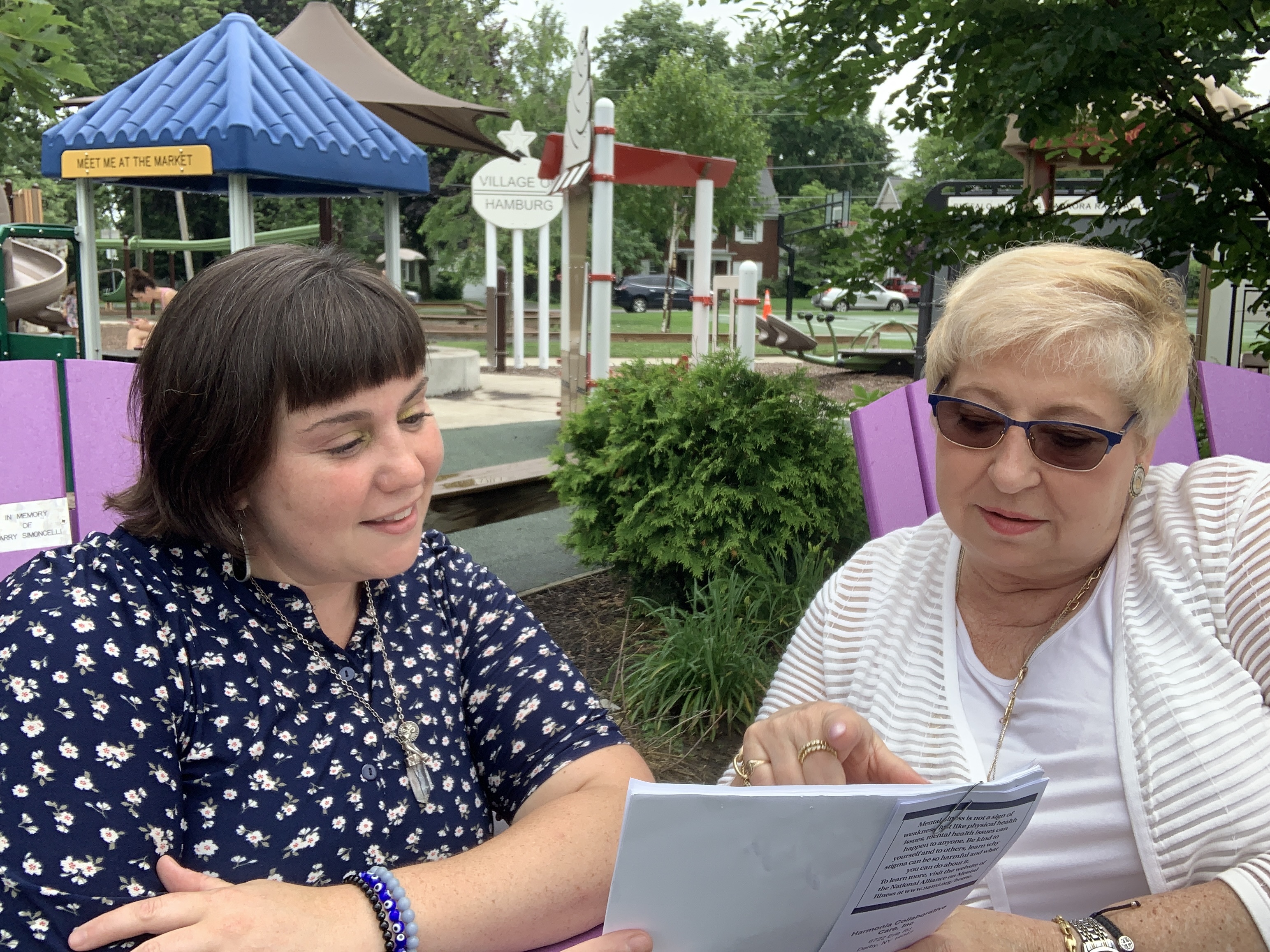





Select a headline to read more.
As our loved ones age or begin to need more care, many of us have assumed the role of caregiver for those we cherish. This job often involves assisting someone in their daily lives with cleaning, cooking, bathing, and medical care. Across the country, more than 34.2 million Americans currently provide informal care to an adult over the age of 50. While this role is often incredibly fulfilling and helps support those we love, it can sometimes lead to burnout and guilt no matter how much love and devotion is poured into this care.
It is not uncommon for those caring for others to feel unnecessary guilt and to believe they are not doing enough for their loved ones. This mental burden may make this role even more difficult on top of the stress of caring for another person. Although this role is courageous and provides necessary care for those in need, it can be accompanied by resentment for loss of personal time, comparing oneself to others, and emotional burnout, including depression, anxiety, and fear. While these feelings may lead to more guilt, please remember they are normal and expected in this situation and that there are ways to cope.
When caring for others, it is important to also care for yourself! Some ways to manage stress include:
● Accept help from others: this role can be incredibly challenging to do, especially when done alone. When others offer you their help, such as with cleaning, cooking, or chores, it can be helpful to your mental health to accept assistance.
● Allow yourself to take a break: regular breaks should be a part of your caregiver plan to allow you to relieve stress, focus on yourself, and take some moments to relax. Making time for self-care can help to minimize the feelings of burnout.
● Set boundaries: although it can be difficult, saying “no” to requests and obligations that are draining and stressful can help to minimize negative feelings. Your time, money, energy, and needs are just as important as anyone else’s and need to be prioritized.
● Accept your limitations: as much as we like to think we are not, we are all human and cannot do everything! Learning to accept and differentiate between things we can and cannot change can help to avoid dwelling on difficult situations. Instead, it can be helpful to focus on things that make you and the person(s) you are caring for happy and comfortable.
● Seek support from caregiver networks: sometimes in these situations, getting help from professionals or caregiver networks can provide much needed support! This can be especially helpful if your loved one has a specific condition, such as dementia, and you need more specific support.
If you are interested in getting help with caregiving, consider Harmonia Collaborative Care’s CarePanion Services. Harmonia’s trained CarePanions offer personalized, in-home support to seniors or other individuals in need. CarePanions help you or a loved one remain independent and safe at home with punctuality, empathy and hard work. A personal care plan is developed for each participant, matched to meet your specific needs and interests. Our CarePanions can provide help with homemaking, monitoring the safety of home, errands and grocery shopping, and companionship. CarePanion Coordinator Cami Kent says, “We work closely with families to notify them of safety concerns we see during visits, and we help ensure residents’ homes are designed to minimize the risk of falls and other hazards”. If you are interested in these services, call Harmonia at (716)947-5025 to set up a consultation.
To learn more, please follow Harmonia Collaborative Care on LinkedIn, Facebook, Twitter, Instagram, and visit our website at www.harmonia-care.org.